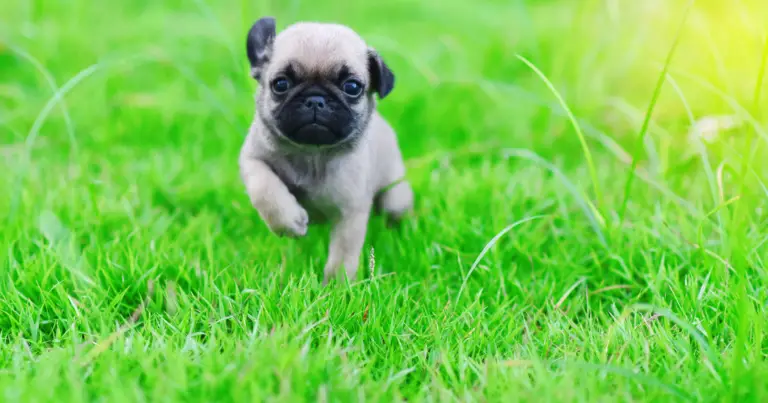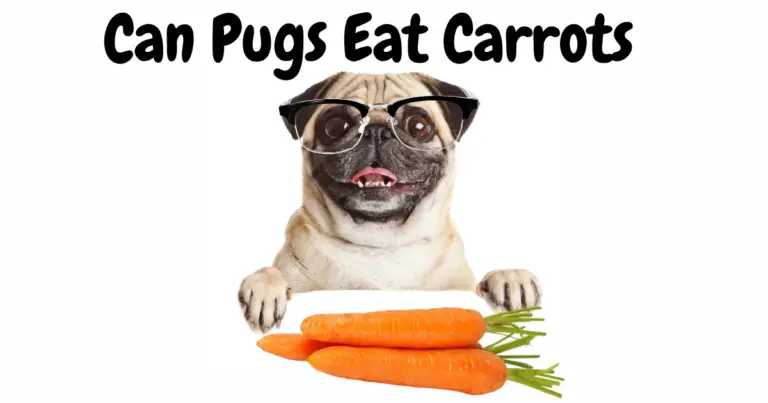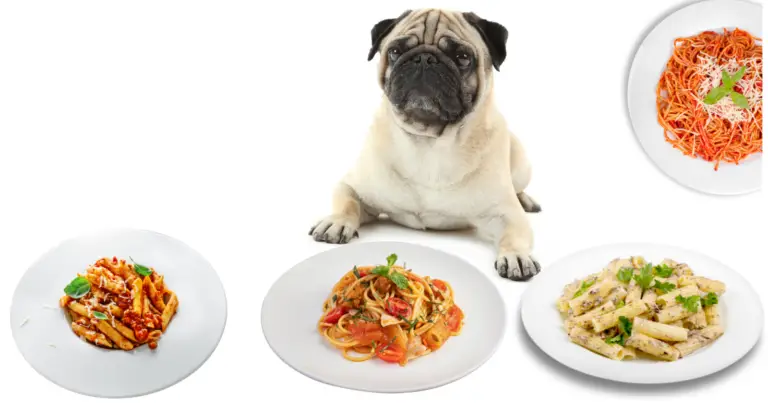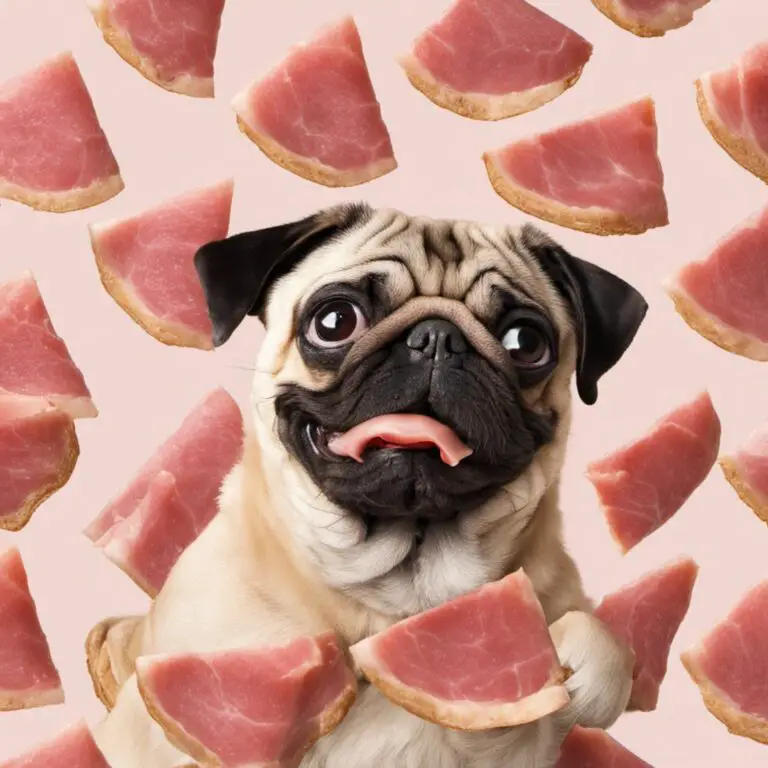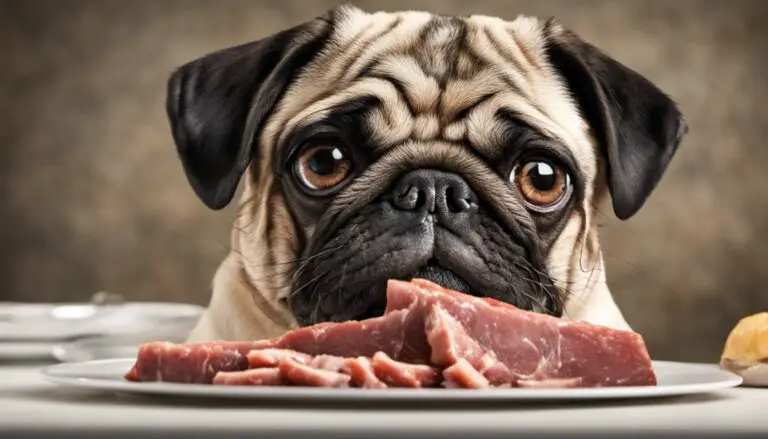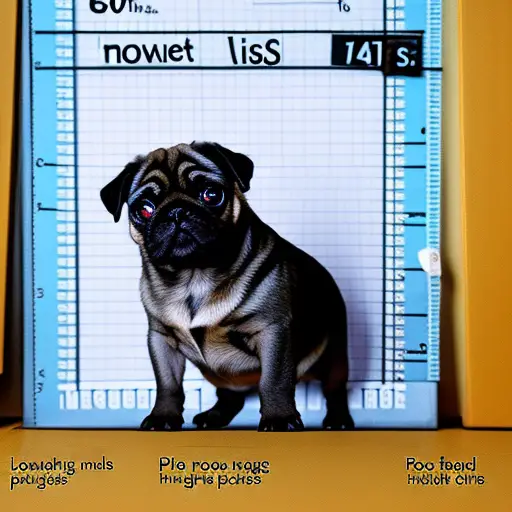Can Pugs Eat Cheese? The Health Implications Explained
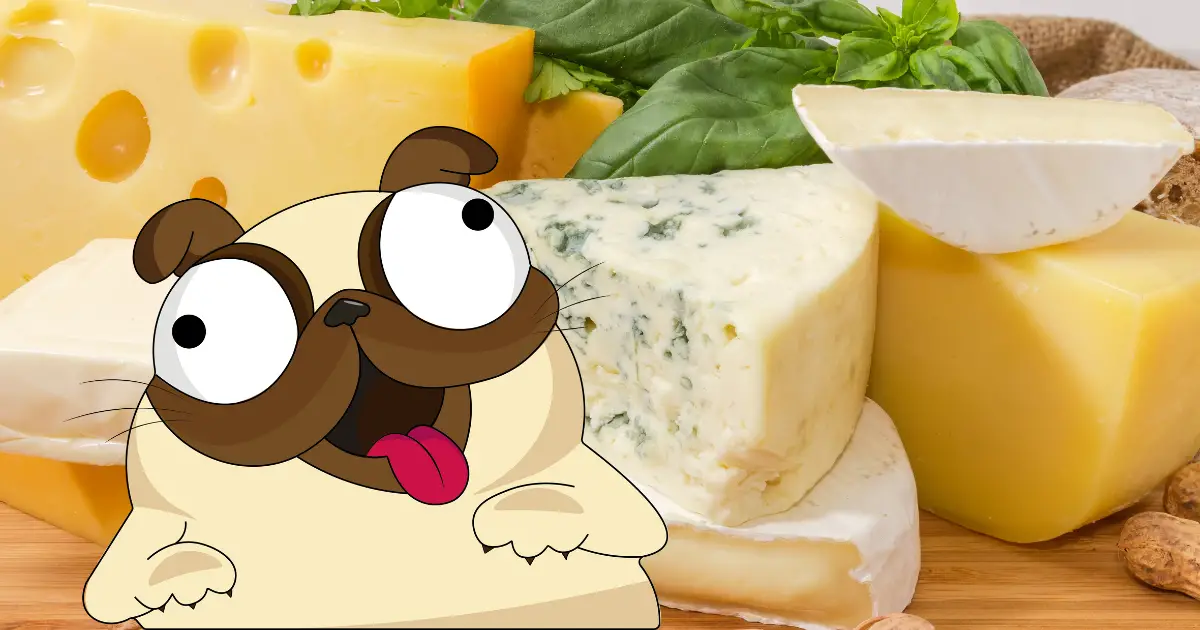
As a pug owner, it’s natural to wonder about the types of foods that are safe for your pet to consume. One common question is, “Can Pugs Eat Cheese.” Those who love treating their pets with tasty snacks must understand the potential benefits and risks associated with feeding cheese to pugs.
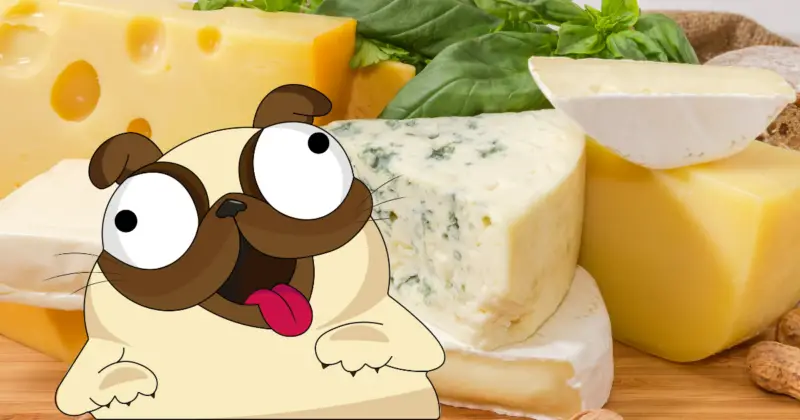
The good news is that, in most cases, pugs can safely eat cheese. Cheese can be a great source of protein and calcium, and many pugs seem to enjoy the taste. However, it’s important to note that some dogs may be lactose intolerant or have allergies to certain types of cheese, so moderation and close observation are key when introducing cheese to your pug’s diet.
Experts recommend offering small amounts of cheese as a treat and avoiding types of cheese that contain xylitol or other harmful ingredients for dogs.
When feeding cheese to your pug, it’s crucial to ensure they’re not showing any signs of discomfort or allergies. Always start with a small amount of cheese and monitor your pet closely to ensure they’re enjoying this delicious treat without any adverse effects.
Contents
Get The Free Food Eating Guide That Keeps My Pug Happy and Playful Even at 13 Years Old
100% Beginner Friendly & Lists Real Foods Your Pug Can Actually Eat!

Table of Contents
Understanding Pugs’ Diet
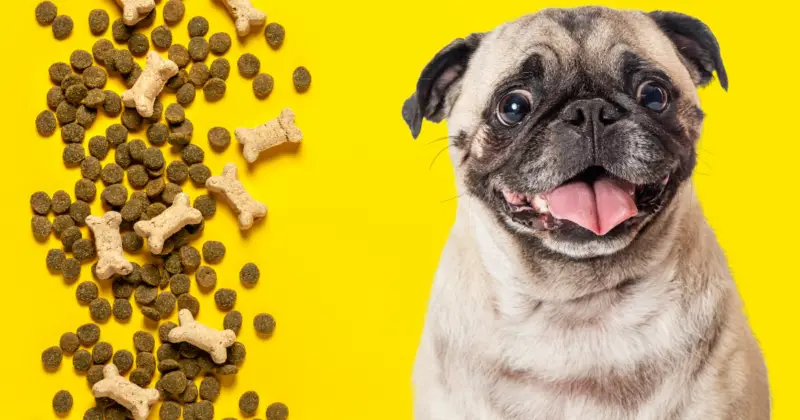
Pugs, like all dogs, require a balanced diet to stay healthy and maintain their energy levels. Their diet should consist of quality protein, essential fatty acids, vitamins, minerals, and fiber. The protein requirement is particularly important for pugs, as it helps maintain their muscle mass and supports overall health. Due to their size, pugs do not necessarily need extremely high-calorie intake; however, providing them with the right nutrients is vital for their well-being.
When considering the type of food to give a pug, fresh, high-quality meat is an excellent source of protein and other essential nutrients. Meat can be combined with other ingredients, such as veggies and fruits, that provide vitamins and minerals to create balanced, healthy meals for your pug.
In addition to regular meals, pugs enjoy treats and snacks. Treats should be kept in moderation to avoid excessive calorie intake and maintain your pug’s weight. Healthy treat options could include small pieces of cheese, as long as your pug is not lactose intolerant or allergic to cheese 1. Cheese can be a good source of protein and calcium if consumed in moderation. Other treat options include fresh fruits and vegetables that are safe for dogs, such as apples, berries, or carrots.
It is essential to avoid high sugar and fatty foods to prevent weight gain and obesity in your pug. Excessive fat and sugar can lead to various health issues, including heart disease, diabetes, or joint problems. Instead, focus on providing your pug with healthy fats and essential fatty acids found in food items like fish or flaxseed.
Vitamins and minerals play a significant role in your pug’s diet, supporting their immune system, eyesight, and skin health, among other essential functions. Key nutrients include Vitamin A for vision and eye health and minerals like calcium for strong bones.
Incorporating fiber in your pug’s diet can benefit their digestive system. Fiber sources like sweet potatoes, pumpkin, or green beans can be added to their meals in small amounts to support healthy digestion.
In summary, a well-balanced diet for a pug should include quality protein, essential fatty acids, vitamins, minerals, and fiber. Offering your pug a mix of fresh meat, vegetables, and fruits that are dog-friendly can provide the nutrients they need to stay healthy. Keep treats in moderation, and prioritize low-calorie, nutrient-dense options for your pug to enjoy.
Can Pugs Eat Cheese?
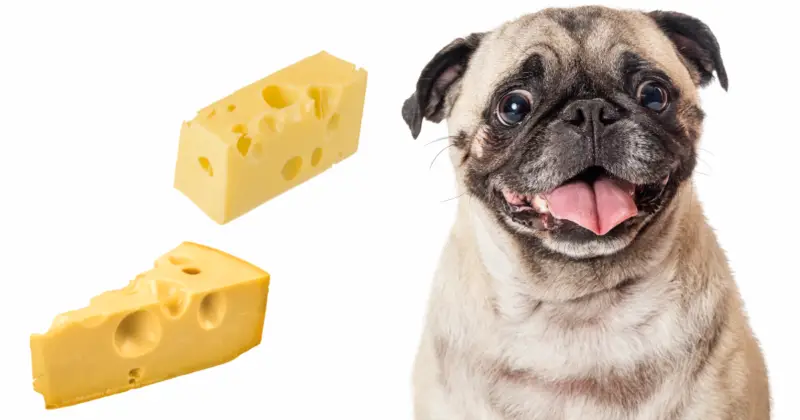
Yes, pugs can safely consume cheese in moderation. Cheese can be an excellent source of protein and calcium, and most pugs love the taste. However, it is essential to avoid feeding your pug cheese that contains xylitol or any other ingredients that might be toxic to pugs.
Feeding your pug small amounts of cheese is generally fine, as long as they are not lactose intolerant or have any types of allergic reactions to dairy products. In fact, many dog owners use cheese as a handy training tool for puppies and adult dogs alike.
When feeding cheese to your pug, consider offering low-fat options, such as mozzarella or cottage cheese. It is always a good idea to introduce new treats in small amounts to monitor your pug’s reaction before making it a regular part of their diet. If you notice any signs of digestive upset or allergic reactions, such as vomiting, diarrhea, or itching, discontinue feeding cheese to your pug and consult a veterinarian.
In summary, cheese can be a tasty and nutritious treat for pugs when offered in moderation and taking the necessary precautions. Always monitor your pug’s reaction to new foods and consult a veterinarian if you have concerns about your pet’s diet or health.
Types of Cheese for Pugs
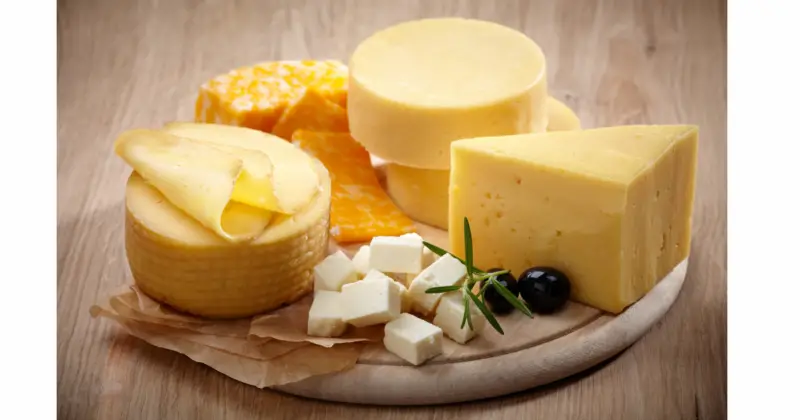
Mozzarella and String Cheese
Mozzarella and string cheese are both soft and easy for Pugs to chew. These cheeses are generally safe for Pugs when given in small, occasional amounts, as they contain lower amounts of fat and sodium than other cheese types. However, it’s important not to overfeed your Pug with these cheeses, as excessive amounts can lead to obesity and other health issues.
Cottage and Cream Cheese
Cottage cheese and cream cheese contain lower lactose levels than other cheeses, making them easier for Pugs to digest. These cheeses can be given to Pugs as occasional treats, but be cautious with the amount you feed your pet. Make sure to choose low-fat or fat-free options, as the high-fat content in regular cottage or cream cheese can contribute to weight gain and other health problems.
Cheddar and Brie
Cheddar and brie cheeses can be given to Pugs in moderation since they are relatively low in lactose compared to other cheeses. However, these cheeses are high in fat content, so portion control is essential. It’s best to offer small amounts of these cheeses as occasional treats rather than regular staples in your Pug’s diet.
Feta and Goat Cheese
Feta and goat cheese are both cheeses that some Pugs may be able to tolerate in small amounts. These cheeses have lower lactose content but can be high in sodium and fat. If you choose to give your Pug feta or goat cheese, make sure to limit the amount and frequency to prevent health issues related to excessive salt and fat intake.
Blue Cheese
Blue cheese is not recommended for Pugs due to its strong flavor and high sodium content. Additionally, the mold used to make blue cheese can produce toxic compounds that are harmful to dogs if ingested. Stick to the safer cheese options listed above to ensure your Pug’s health and safety.
Effects of Lactose on Pugs
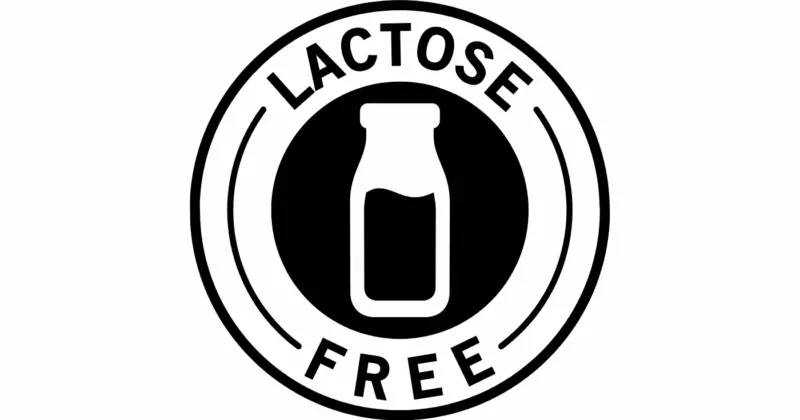
Lactose is a sugar found in milk and other dairy products like cheese. While cheese isn’t toxic to dogs, some pugs may have difficulty digesting lactose due to lactose intolerance or allergies. Understanding how lactose affects pugs is essential to ensure their health and well-being when considering feeding them cheese.
When a dog is lactose intolerant, their body lacks the enzyme lactase, which is responsible for breaking down lactose into simple sugars for absorption. Consuming dairy products containing lactose can lead to various digestive issues in lactose-intolerant dogs. Common symptoms include flatulence, discomfort, diarrhea, and vomiting1.
It is worth noting that not all dogs are lactose intolerant, and some pugs may not experience any adverse reactions to cheese. However, the severity of lactose intolerance can vary, with some dogs being more sensitive to lactose than others. As a result, observing your pug’s reaction when introducing cheese or any dairy products for the first time and serving them in small quantities is crucial.
Cheese is an excellent calcium source, essential for maintaining healthy bones and teeth in dogs. However, emphasizing moderation when offering cheese to your pug is crucial to avoid potential side effects related to lactose intolerance or overconsumption of calories. Incorporating alternative calcium sources, such as canine-specific supplements or dog food, can also contribute to balanced nutrition without relying solely on cheese.
In conclusion, while lactose and milk-derived products like cheese can offer nutritional benefits to pugs, monitoring their tolerance and ensuring they don’t consume excessive amounts is vital. Using caution and paying close attention to any signs of lactose intolerance will help ensure your pug enjoys a healthy, balanced diet.
Cheese as Training Aid
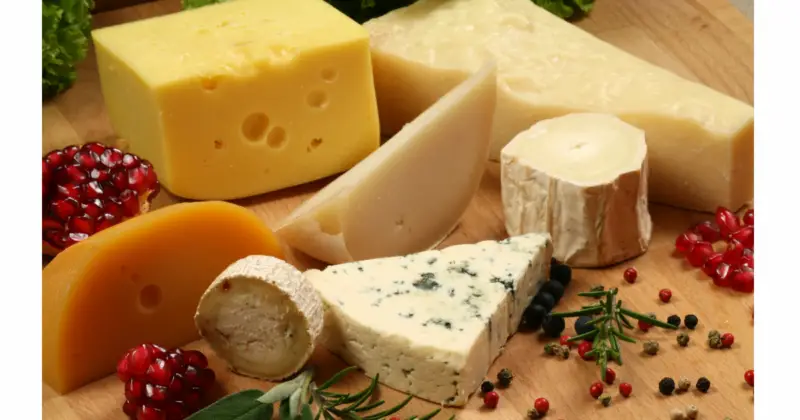
Cheese can be an effective training aid for Pugs, as it is generally considered a high-value treat that most dogs find enticing. Cheese as a training reward can help motivate your Pug and keep their interest in the training session. However, it is important to use cheese in moderation, as too much can lead to health issues in some dogs.
In fact, cheese is often recommended as a tool for administering medication, especially if your Pug is resistant to taking pills. Simply hiding the pill in a small piece of cheese can make the process much easier and less stressful for both you and your Pug.
When using cheese as a treat during training, it’s important to choose a type of cheese that is safe for your Pug to consume. Avoid cheeses that contain xylitol or any other ingredients that may be toxic to your Pug source. Also, be cautious with the quantity of cheese you offer as a reward since too much cheese can lead to obesity and other health problems.
For Pugs that may be lactose intolerant or have difficulty digesting dairy products, it is important to monitor their reaction to cheese sources. If your dog experiences any adverse reactions such as vomiting, diarrhea, or flatulence, it may be best to explore other training treats that are more easily digestible and just as enticing for your dog.
It’s essential to remember that while cheese can be a useful tool in your Pug’s training arsenal, it should not be overused. Keep portions small, and try varying the types of treats you offer your Pug during training to keep them interested and engaged.
Potential Health Concerns
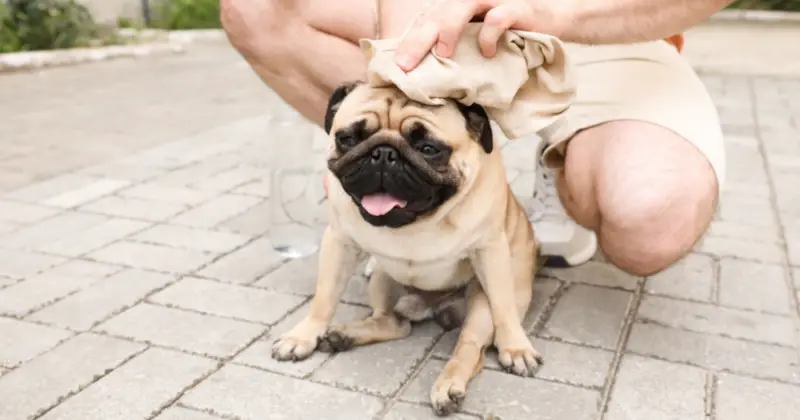
Weight and Overeating Issues
Cheese can be a tasty treat for many Pugs, but it is essential to be aware of the potential health concerns associated with consuming this snack. One primary concern is the high-fat content in cheese, which could contribute to weight gain and overeating issues in Pugs. Maintaining a healthy weight is critical for your pug’s overall health and immune system function.
To prevent weight gain and overeating, offering cheese in moderation and as a treat rather than a regular part of the diet is crucial. Small amounts of cheese can be a useful training tool, but it should not make up a large portion of their daily caloric intake.
Pancreatitis and Sodium Intake
Another concern associated with feeding cheese to Pugs is the risk of pancreatitis. The high-fat content in cheese may increase the risk of this condition, particularly if consumed in excessive amounts. Symptoms of pancreatitis in dogs may include vomiting, abdominal pain, and diarrhea. To minimize this risk, opt for low-fat cheese varieties and monitor your Pug’s overall intake of fats.
Additionally, cheese can be high in sodium, potentially leading to increased sodium intake if consumed in large amounts. A diet high in sodium might negatively impact your Pug’s digestive system and overall health. Keep your Pug’s sodium intake in check by offering cheese sparingly and choosing low-sodium options when possible.
Puppy Concerns
When it comes to Pug puppies, there might be some additional concerns. Feeding cheese to puppies should be done with caution and might not be suitable for all pups. Puppies have different nutritional needs than adult dogs, and a high-fat or high-sodium treat could potentially disrupt their delicate digestive systems.
Monitor how your Pug puppy reacts to cheese, and if any adverse effects are observed, consult your veterinarian for guidance. Keeping cheese to a minimum or avoiding it altogether in very young Pug puppies is advised to maintain a balanced diet and promote proper growth and development.
Can Pugs Eat Cheese? Watch this
Alternate Safe Food For Pugs
Vegetables and Fruits
Pugs can enjoy a variety of fruits and vegetables. Carrots are a great option, as they are low in fat and high in fiber, making them a healthy snack for your Pug. Broccoli is also a good choice, but be sure to steam it and serve in small pieces to avoid choking hazards. Berries like blueberries and strawberries are tasty and rich in vitamins and antioxidants.
Watermelon is safe for Pugs to eat and can help keep them hydrated on hot days. Just make sure to remove the seeds and avoid feeding the core. Other fruits such as cantaloupe, bananas, and mangoes can also be part of your Pug’s diet, as they contain essential nutrients like potassium and vitamins. However, be cautious with sugar content and avoid grapes, cherries, green tomatoes, and avocados, which can be harmful or lead to dog poisoning.
Meats and Proteins
Lean proteins are an important part of a Pug’s diet. Chicken, turkey, and fish are ideal choices as they are both low in fat and high in essential omega-3 fatty acids. Avoid adding excessive salt or spices when preparing these meats, and opt for cooking methods like grilling or baking instead of frying. Keep in mind to stay away from feeding your Pug grapes, as they can cause kidney damage. Remember to offer meats and protein in moderation, as too much can lead to health issues.
Snacks
When it comes to snacks, it’s essential to choose options that are safe and healthy for your Pug. Peanut butter is a popular treat, but make sure to select a brand without added sugar or harmful ingredients like xylitol. Oranges can be given in small amounts, as they are rich in vitamin C, but be cautious of the sugar content. Fruit-based snacks should have the pits or seeds removed, as ingestion can cause gastrointestinal blockages.
In summary, safe food options for Pugs include a variety of vegetables, fruits, lean meats, protein sources, and curated snack options. Avoid feeding your Pug food containing caffeine or toxic substances, and always monitor the sugar content of the treats you offer.
Nutritional Content of Cheese

Cheese is a popular dairy product with various nutritional benefits for humans and pets. When it comes to feeding cheese to pugs, it’s essential to understand the nutritional content so that you can provide a balanced diet for your furry friend.
One of the main components of cheese is protein, which helps in building and repairing tissues, muscles, and organs. Depending on the type of cheese, protein content may vary. For example, cheese contains protein in varying amounts, but typically around 10-25 grams per 100-gram serving.
Cheese also contains a significant amount of vitamin A, an essential nutrient for maintaining healthy skin, eyes, and immune systems. Vitamin A can be found in many types of cheese, including cheddar, Swiss, and gouda. The amount of vitamin A in cheese may range from about 200 to 900 international units (IU) per 100-gram serving.
Moreover, cheese is a great source of B-complex vitamins, which play an essential role in various body functions, such as energy metabolism, cell growth, and brain health. Some of the B-complex vitamins present in cheese include thiamine (B1), riboflavin (B2), niacin (B3), pantothenic acid (B5), pyridoxine (B6), biotin (B7), folic acid (B9), and vitamin B12.
Lastly, cheese contains calories that provide the energy needed for daily activities. The caloric content of cheese can vary significantly depending on the type and serving size. For instance, a 100-gram serving of cheddar cheese contains around 400 calories, while the same amount of Swiss cheese has about 380 calories.
In summary, cheese can be a valuable addition to a pug’s diet as it contains essential nutrients like protein, vitamin A, B-complex vitamins, and calories. Make sure to provide moderate amounts of cheese and select suitable cheese types to ensure your pug’s health and well-being.
Consulting a Veterinarian
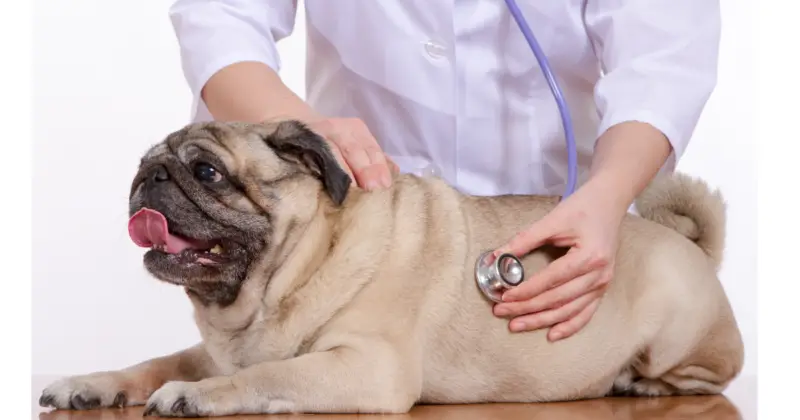
When considering whether to feed your pug cheese, it’s always best to consult a veterinarian for advice. Different pugs may have varying dietary needs and tolerances, and a veterinarian can provide an assessment based on your dog’s health, age, and lifestyle.
It’s important to understand that while many pugs may be able to tolerate small amounts of cheese, some may experience lactose intolerance or allergic reactions. Symptoms of lactose intolerance can include flatulence, discomfort, diarrhea, or vomiting, while allergies may manifest in skin issues or other adverse reactions.
As a responsible pet owner, monitoring your pug closely if you decide to introduce cheese into their diet is essential. If you notice any of the aforementioned symptoms or suspect an allergic reaction, you should immediately stop offering cheese and consult your veterinarian for guidance.
Keep in mind that pugs, like all dogs, thrive on balanced diets designed for their specific nutritional needs. The Royal Canin Breed Health Nutrition Pug Dry Dog Food, for example, is developed for the needs of purebred pugs aged 10 months and up. Your veterinarian can help you identify the optimal diet and potential treatment options like cheese for your pug.
In conclusion, while cheese may be an occasional treat for some pugs, it’s crucial to consult a veterinarian and closely monitor your dog’s reactions to ensure their well-being and overall health.
FAQs: Can Pugs Eat Cheese?

Is cheddar cheese safe for pugs?
Yes, cheddar cheese is safe for pugs, as it can be an excellent source of protein and calcium, and most pugs love the taste. However, feeding it in moderation is essential, as too much cheese can lead to digestive issues and weight gain. Additionally, ensure not to feed your pug cheese with xylitol or any other toxic ingredients to pugs 1.
What types of cheese are harmful to dogs?
Some types of cheese are not suitable for dogs, mainly those containing high levels of salt, fat, or added ingredients that could be toxic to dogs, such as xylitol. Blue cheese varieties, like Roquefort and Gorgonzola, may also be harmful to dogs due to the mold they contain. Always consult with your veterinarian before introducing a new type of cheese into your dog’s diet.
Are there any risks associated with cheese for pugs?
While cheese is not toxic to pugs, there are potential risks associated with feeding cheese to your dog. Some dogs, like humans, can be lactose intolerant and experience gastrointestinal issues. Excessive consumption of cheese can also cause weight gain and obesity-related health problems in dogs 2. Speaking to a veterinarian before changing your dog’s diet is always best.
How often can pugs consume cheese?
Cheese should be given as an occasional treat and should not make up a significant portion of your pug’s diet. The exact quantity and frequency of cheese consumption can vary depending on your pug’s size, health, and individual needs 3. It’s important to consult with a veterinarian to determine the appropriate amount of cheese for your pug.
What is the best cheese for dog training?
Cheese can be an effective and motivating reward during dog training. Low-fat, mild cheeses, such as mozzarella or low-fat string cheese, are popular for dog training treats, as they can be easily cut into small pieces without being crumbly. Some trainers also use small portions of cooked meat or hot dogs as training rewards 4.
Can pugs eat cream cheese?
Pugs can eat cream cheese, but it should only be given as an occasional treat and in small amounts. Cream cheese is high in fat and calories, which can contribute to weight gain if overfed. As always, when introducing new treats to your pug’s diet, it’s essential to consult a veterinarian and closely monitor any changes in their health.

